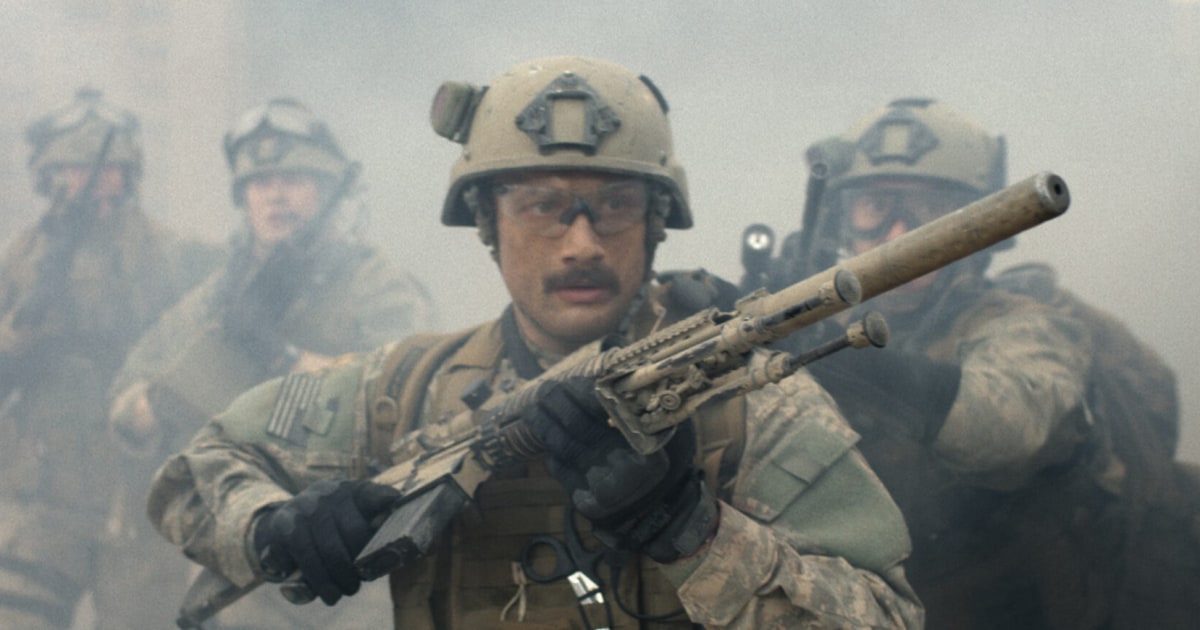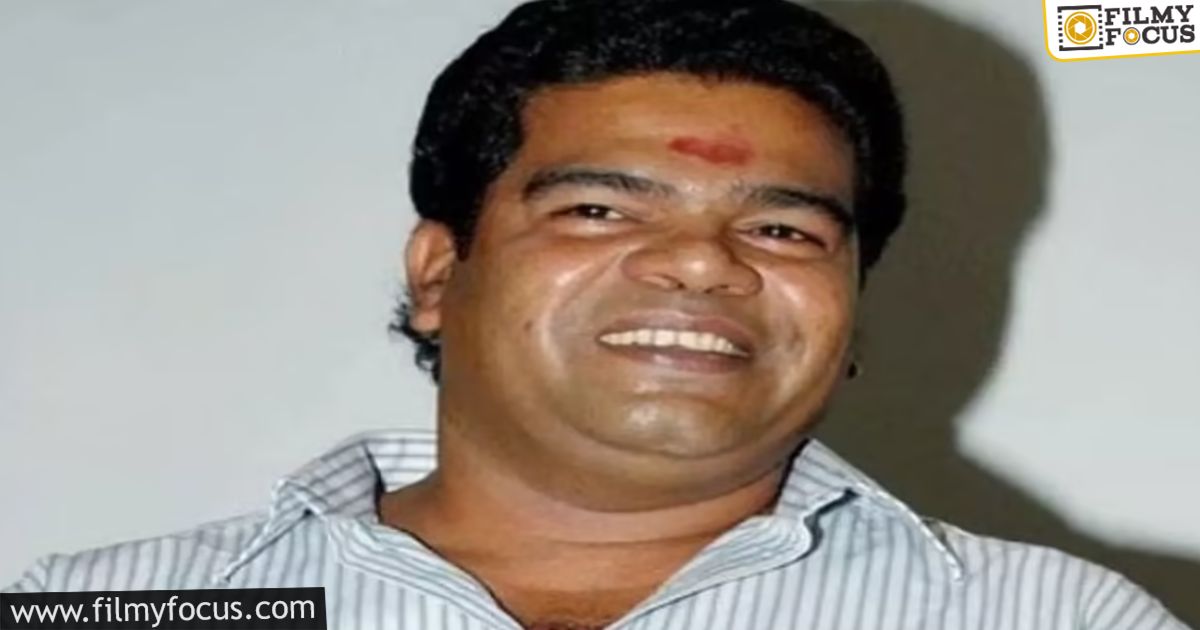
[ad_1]
‘Connecting all the memories’
Mendoza, who was awarded a Silver Star for his mission in Iraq, says that he provided the core or spine of memories for the movie. He also relied on the memories of comrades who had served in the same mission to fill gaps for things that he didn’t see or remember.
“Warfare” tells the story from the ground level, focusing on the moment-to-moment action of a Navy SEAL team during a sniper overwatch mission in Ramadi, Iraq. They embed themselves at night in a split-family home before getting discovered and attacked.
“It just kind of became this very investigative, forensic approach to start connecting all the memories,” he said.
Mendoza recalls learning a lot by “seeing how not to do something” on film, and also recognizing when somebody does something great. Those experiences made one thing clear: He did not want to create a war movie that was based on real events, because he thinks people use that “to have creative licensing, to change it or combine characters or expand time,” he said.
Instead, “we were only going to use the memories of my comrades that were there,” Mendoza said. “I felt that was a truer statement than saying ‘based off real events.’”
A bit of a ‘forgotten war’ despite many Gen X, millennial veterans
The second Iraq War ended in 2011. And while some movies such as “Hurt Locker” and “American Sniper” have represented those stories of veterans on the big screen, one military historian says that this war is often overlooked.
“Iraq, at the moment, is a little bit of a forgotten war in U.S. popular culture,” military historian and Cornell University professor David Silbey said in a phone interview. “It’s kind of been left behind, especially because the evacuation from Afghanistan was such an overwhelming political event that Iraq was pushed into the background.”
The nonprofit Veterans of Foreign Wars of the United States (VFW) estimates that 1.5 million service members were deployed to Iraq between 2003 and 2011. And the majority of those veterans are from Generation X (born between 1965 and 1980) and millennials (born between 1981 and 1996).
Silbey says that many veterans experienced multiple tours in Iraq. But American culture still has to figure out how to preserve that memory. Veterans like Mendoza could help do this on film, as others have done generations before.
“There was a wave of movies after WWII, where they had WWII veterans on set telling film crews how to do it right, how to relate their experience correctly. And I think we need that for younger veterans now,” Silbey said. “Movies that show on the ground experiences, and not Hollywood interpretations of them.”
One example that he pointed to was the 1949 film “Battleground,” which featured Van Johnson, Ricardo Montalbán and other actors, with veterans from the 101st Airborne Division.
This light infantry division distinguished itself in different WWII battles, including the Battle of Normandy and the Battle of the Bulge. And just over half a century later, a company from that same division was featured in the hit HBO TV series “Band of Brothers.”
“Civilians don’t understand what being in combat is like,” Silbey said. “We need to see that messiness up close, without a larger narrative. It’s not so much about the heroism of the mission, or who is right or wrong, but the moment-to-moment experience of combat.”
Finding a voice after combat
Mendoza compared the bond between soldiers with other strong friendships that are forged over time, such as classmates in school or athletes on a team.
And he said he remembers Miller as the friend whom he had “most stuff in common with.” That changed after his friend’s war injuries.
“Post-IED, he can’t really speak anymore. So like a lot of those things that we bonded with don’t exist anymore,” Mendoza said, using an acronym to describe an improvised explosive device. “But that bond is still there, still want it to be there.”
Mendoza’s love for his friend, he said, is a driver and motivator to tap into his SEAL team’s shared memories and re-create that moment in combat.
“I wanted to make it as accurate as possible, which is where all the other guys come in,” he said. “Their memories, what it felt like, what it looked like, what color were things, what it smelled like, the emotional components, you name it, everything.”
This, Mendoza hopes, could give other veterans a voice.
“I think it’s a powerful thing to be able to use a movie as a conversation point or a conversation starter with a loved one,” he said, “or maybe somebody you are trying to explain something to in regards to your combat experience.”
[ad_2]
Source link
Discover more from imd369
Subscribe to get the latest posts sent to your email.


